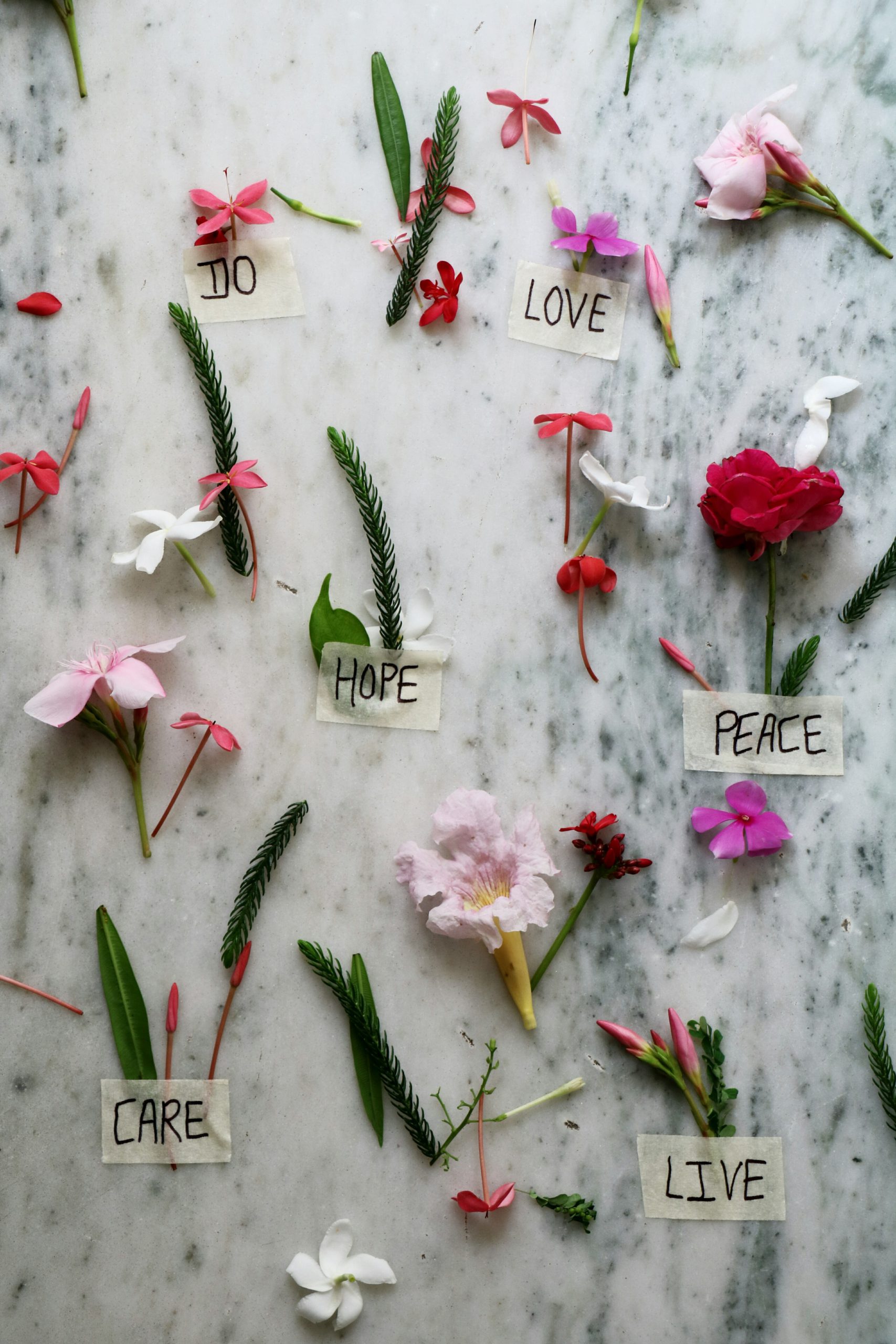During my leadership training called Crucible Lite last year, an evaluation process was conducted by people in my network. There was a lot of great feedback to help me fix my weaker areas and areas I actually shined in but didn’t realise.
Today I was reminded of a discussion I had with my coaches, Rosie and Benjamin, friends and also read in books on leadership. At times your standard is something that will never come close to someone else’s; even if you see they have the capacity and potential to do more, they don’t always push themselves, and even with the support, they never will.
Today I had a disagreement with someone I have worked with for years, and I realised I had forgotten that key lesson. What I believed they were capable of wasn’t what they saw or cared for themselves. Not necessarily out of low self-esteem, maybe for them in their line of expertise, there is a contentment in their skill level. In other words, you can take a cow to the river but can’t force it to drink.
I imparted my beliefs on them; it rubbed the person the wrong way. I was also abrasive about it, which was wrong, to which I apologised. But it really did get me thinking about who I want to be and who I need to seek to work with. And that is where values came to mind.
I am fortunate to be part of another leadership programme, the Global Executive Leadership Program. What I find very revealing, culminating in the last few months of leadership training, therapy and reading, is the need to lead yourself before you can others.
It constantly drives the point that what we value matters and directs how we work, who we work with and what our philosophies are. In 2016 when I really started getting serious about structuring how I worked. I knew what solution the market needed and how I would provide it, and I soon started the search for partners to complement my client offering with their skills.
The journey to finding the right team of web developers, graphic designers, writers, strategists and social media managers has not been easy. In some areas, I have found the perfect fit for others; it is an ongoing search.
There were key things I would always tell people when I first met them; I was very keen on honesty and delivery. Honesty is important for me because, with honesty, there is room for growth. Honesty allows both parties to understand the pain caused when one is irrational with timelines; it also makes it OK for someone to admit their inadequacies without judgement. When there is honesty, changes and improvements can be made.
It saves you the time-wasting that comes with lies and half-truths in a low-trust society like Kenya’s. The last thing you want to do is to find yourself KES 200,000 (USD 1,700) down the drain with no client website or brand guideline because the web developer or graphic designer “lacked inspiration” or is “mteja” unreachable on the phone because they realised the brief was way bigger than they could deliver but didn’t have the integrity to say not to the work. I have lost a lot of money to shady characters in the creative space like that because I operated from an area of trust. It took me a while to finally find people who were trustworthy and honest who I have built strong working relationships with.
The second value for me really is delivery – I have come to learn I am a task-oriented person, which may mean sometimes that I can be insensitive to people’s situations. Because I need the work done at all costs, I will apologise and wish you well if you are sick, then move on to the next person who can do the work. Because, no hard feelings, I need the work done, not everyone will wait and let’s be honest, sometimes, the business deadlines aren’t flexible to our human situations. I know this comes out a bit cold, and it is something I am learning to strike a balance on, but it is integral to how I work.
As I continue to work to build my business and grow my consultancy, I realise there is a need to know your values. Once you can articulate those values, it serves as true north on who you work with or even how you lead. And from the lesson, I learnt earlier, be warier not just of someone’s skill sets but the values they ascribe to.


Leave a Reply